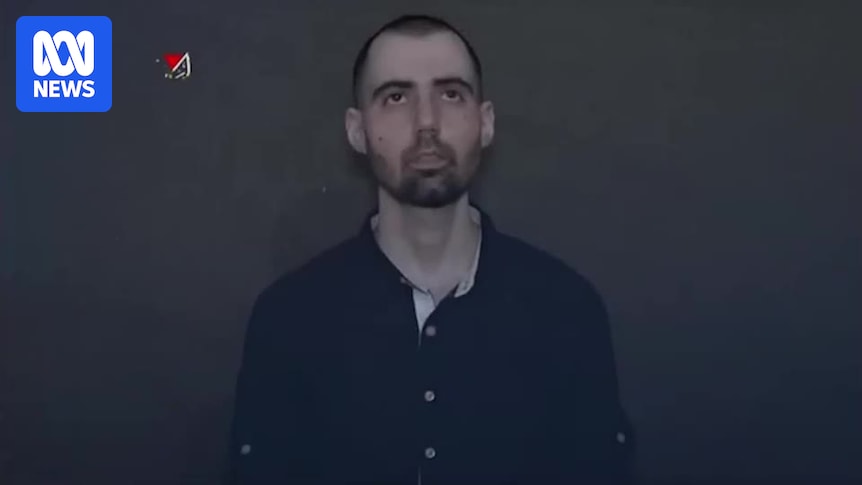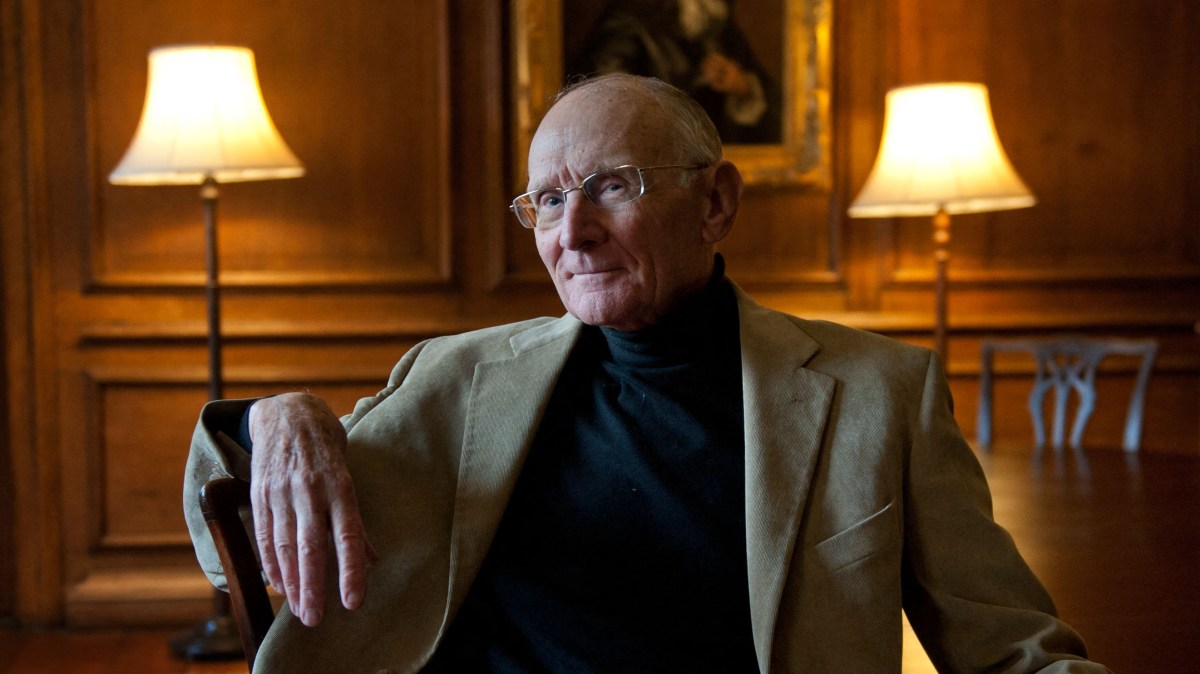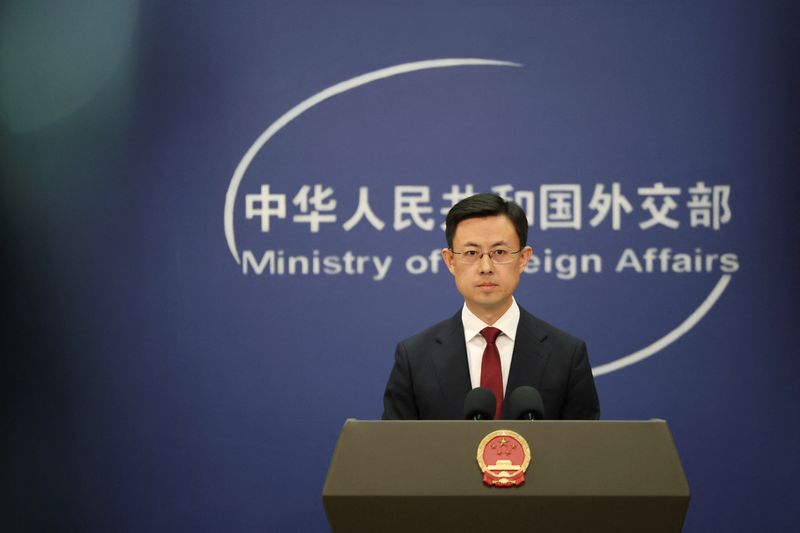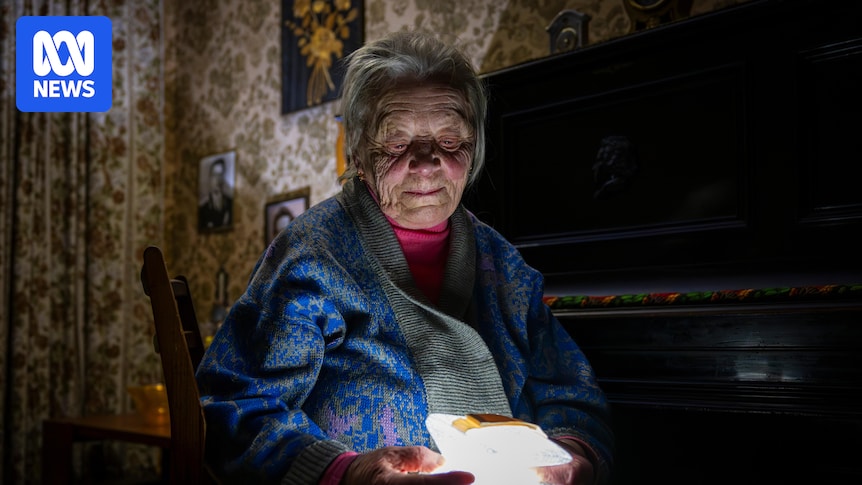
Hamas has released a video showing two Israeli hostages, Guy Gilboa-Dalal and Alon Ohel, who were taken from a music festival in Israel in October 2023. The video, which emerged on August 28, depicts Mr. Gilboa-Dalal expressing fear for his life amidst Israel’s military offensive in Gaza City. This latest development has intensified the already fraught situation, as Israel continues its efforts to dismantle the militant group.
The two men are among 48 hostages that Hamas is reportedly holding in Gaza. The Israeli military has been conducting a major offensive in the region, aiming to eliminate the militant threat. Of the initial 251 hostages taken during the 2023 cross-border attack, only 20 are believed to still be alive. The attack, which targeted southern Israeli communities, resulted in approximately 1,200 deaths.
Hostage Video Raises Concerns
The video features Mr. Gilboa-Dalal, 24, speaking for around three and a half minutes. At times, he appears to be in the back seat of a moving car, identifying a building as belonging to the Red Cross. Despite this, Hamas has not allowed the Red Cross access to the hostages. Mr. Ohel, also 24, is briefly seen in the footage. The authenticity and timing of the video have not been independently verified by the ABC.
Following the video’s release, the Ohel family expressed shock at Alon’s condition, marking the first visual confirmation of his status since his capture. They revealed, “After consulting with eye specialists in Israel and around the world, it is clear that Alon has lost sight in his right eye,” as stated on the Hostages and Missing Families Forum on social media platform X.
International Reactions and Human Rights Concerns
Human Rights Watch has condemned the release of hostage videos by Hamas, labeling it as inhumane treatment and a potential war crime. Israeli officials have described these videos as psychological warfare. In response, tens of thousands of Israelis have been protesting weekly, demanding an end to the conflict and the release of the hostages.
On Friday, hundreds gathered in Tel Aviv to mark 700 days since the hostages were taken. Israeli Prime Minister Benjamin Netanyahu has communicated with the families of the hostages, advocating for a comprehensive deal with Hamas for their release. Meanwhile, Israeli Opposition Leader Yair Lapid has urged negotiators to resume talks.
Diplomatic Efforts and Military Strategies
Previous hostage releases were achieved through diplomatic negotiations mediated by the United States and Arab states. However, these talks stalled in July. US President Donald Trump stated that Washington is engaged in “very deep” negotiations with Hamas, urging the group to release all hostages. In contrast, Israel’s National Security Minister Itamar Ben-Gvir has called for a full occupation of Gaza.
Israel’s military leadership has advised Prime Minister Netanyahu against escalating the conflict, fearing for the hostages’ safety. Hamas has proposed releasing some hostages in exchange for a temporary ceasefire, while offering a full release contingent on an end to the war and Israel’s withdrawal from Gaza.
Continued Conflict and Humanitarian Impact
In a strategic move, Prime Minister Netanyahu ordered the capture of Gaza City, a significant urban center. The Israeli military claims control over 40 percent of the city, with about 75 percent of Gaza under its command. On Friday, the military bombed a high-rise building in Gaza City, alleging its use by Hamas, though no evidence was provided. The building’s management denied any militant activity, stating it housed war-displaced Palestinians.
According to the Gaza Health Ministry, 30 Palestinians were killed on Friday, including 20 in Gaza City. Since the conflict’s onset, over 64,000 Palestinians have died, with much of Gaza in ruins and facing a severe humanitarian crisis.
Looking Ahead
The situation remains tense as international pressure mounts for a resolution. The humanitarian impact of the ongoing conflict continues to draw global concern, with calls for renewed diplomatic efforts to secure the hostages’ release and bring stability to the region. As negotiations persist, the world watches closely, hoping for a peaceful resolution to this prolonged crisis.







